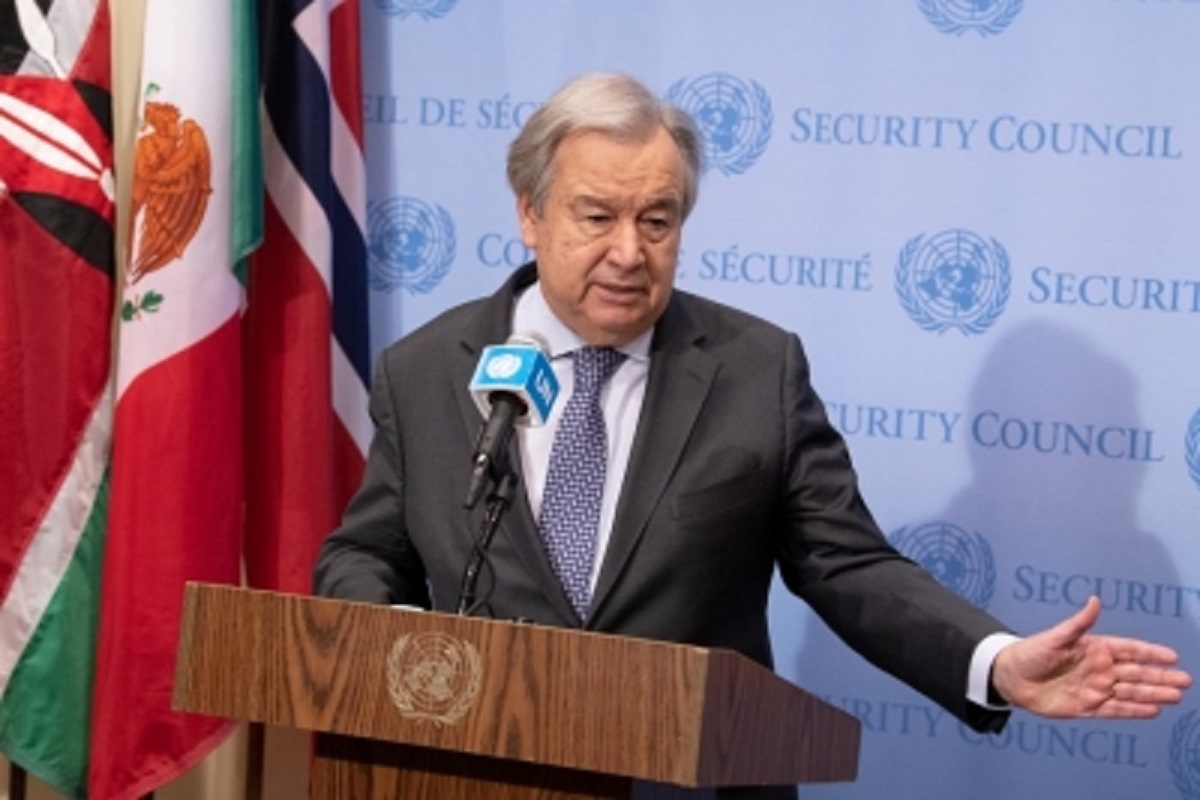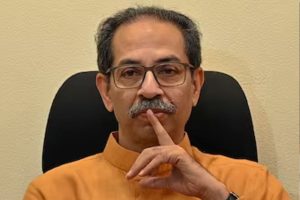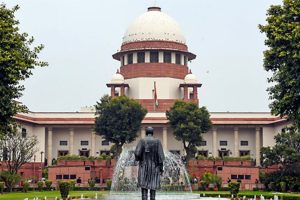In the aftermath of Russian President Vladimir Putin’s order for putting the nuclear deterrence forces on ‘special alert’, UN Secretary-General Antonio Guterres during a UN General Assembly emergency session on Monday called Russia’s decision a “chilling development.”
On Sunday, Putin ordered Defense Minister Sergei Shoigu and the Chief of the General Staff Valery Gerasimov to put the deterrence forces of the Russian army to a special mode of combat duty.
Advertisement
“We are facing a tragedy for Ukraine, but also a major regional crisis with potentially disastrous implications for us all,” Guterres said.
“Yesterday, Russian nuclear forces were put on high alert. This is a chilling development. The mere idea of a nuclear conflict is simply inconceivable. Nothing can justify the use of nuclear weapons.”
On February 24, Russia recognized the independence of Ukraine breakaway regions following which Western countries have toughened sanctions on Russia.
On Sunday, the Security Council voted to call for an emergency special session of the 193-member UN General Assembly on Russia’s military operation in Ukraine.
The measure convening the General Assembly session was adopted by a vote of 11 in favour, with Russia voting against, and China, India, and the United Arab Emirates abstaining.
The request for the Assembly to urgently convene a meeting comes after Russia vetoed on Friday a US-led draft Security Council resolution on Russia.
Since the text acted on Sunday was procedural, none of the five permanent Council members could use their vetoes. The measure needed just nine votes in favour to pass.
Only 10 such emergency special sessions of the General Assembly have been convened since 1950, following the adoption of resolution 377A(V), widely known as “Uniting for Peace.”
According to UN News, that text gives the Assembly the power to take up matters of international peace and security when the Security Council is unable to act because of the lack of unanimity among its five veto-wielding permanent members.
The Security Council’s latest steps to end the Ukraine crisis cap a week of activity at the UN seeking a diplomatic off-ramp to Russian military action in the country.











